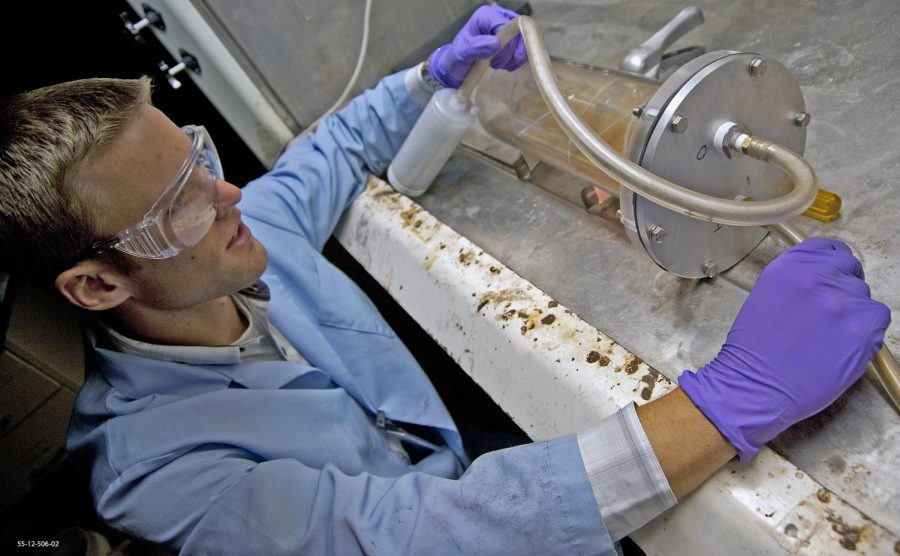Chemical Engineering – The History of Chemical Engineering
Chemical engineering was made around the American Revolutionary War.
What is Chemical Engineering?
Chemical engineering is a branch of engineering that focuses on creating chemical plants and processes as well as chemicals themselves. Let’s take the case of a business that has developed a brand-new product using a chemical process. There are a few steps to take before it succeeds, whatever it may be. You must be familiar with the development of chemical engineering for this to be successful.
History of Chemical Engineering
Chemical engineering was thought of around the American Revolutionary War. Throughout the war, Europe and American Colonies put up blockades to stop trading with each other. These blockades affected the French because they got their soda ash from the United States. At the moment, soda ash was used for cooking and making soap, glass, and paper. Therefore, France can’t get soda ash from the United States. In 1775, the French Royal Academy offered a prize to anyone who could make soda ash from sodium chloride. This took fifteen years for a physician named Nicolas Leblanc and a French Chemist to discover how to make soda ash from sodium chloride. This method was called the “Leblanc Process.” First, heated sodium chloride makes sodium sulfate, called salt cake. Next, the salt cake mixes with crushed coal, limestone, and fire. This was left with the fusion of calcium sulfide and sodium carbonate called black ash. Last, sodium carbonate separated from the black ash by cleaning it with water and later evaporated. This is called the extraction process lixiviation. In 1791, Leblanc began broad production of soda ash and opened a small factory at Saint-Denis but his factory got taken by the revolutionaries during the French Revolution, the revolutionaries also let out his trade secrets. Although the French Revolution took down the factory, this was awful for the environment. This process makes a lot of waste. A British chemist names George Davis worked as an inspector for the Alkali Act in the late 19th century. This act needs soda producers to lower the amount of hydrochloric acid released into the atmosphere. Davis’s work was so unique because it organized fundamental operations like transporting gases or liquids. For the United States, his work helped restore new ways to think about the chemical process and started the creation of chemical engineering. Automobiles were developed into modern machines at the turn of the 20th century, and chemical engineers employed gasoline to make them run. Drills were finding undefined oil and not gasoline. We need to find refineries or immense chemical plants. Chemical engineers improve the process of producing gasoline through bright methods.
Conclusion
In conclusion, without these inventions and the help of chemical engineers we wouldn’t treat diseases, producing chemicals for cars, and so much more inventions which even save lives.
RELATED STORIES:
https://www.acs.org/content/acs/en/careers/chemical-sciences/areas/chemical-engineering.html
https://www.britannica.com/technology/chemical-engineering
https://en.wikipedia.org/wiki/Chemical_engineering
https://www.aiche.org/k-12/what-do-chemical-engineers-do
TAKE ACTION:
https://www.livescience.com/48134-what-is-chemical-engineering.html
https://www.usnews.com/best-graduate-schools/top-engineering-schools/chemical-engineering-rankings
https://engineering.virginia.edu/departments/chemical-engineering















